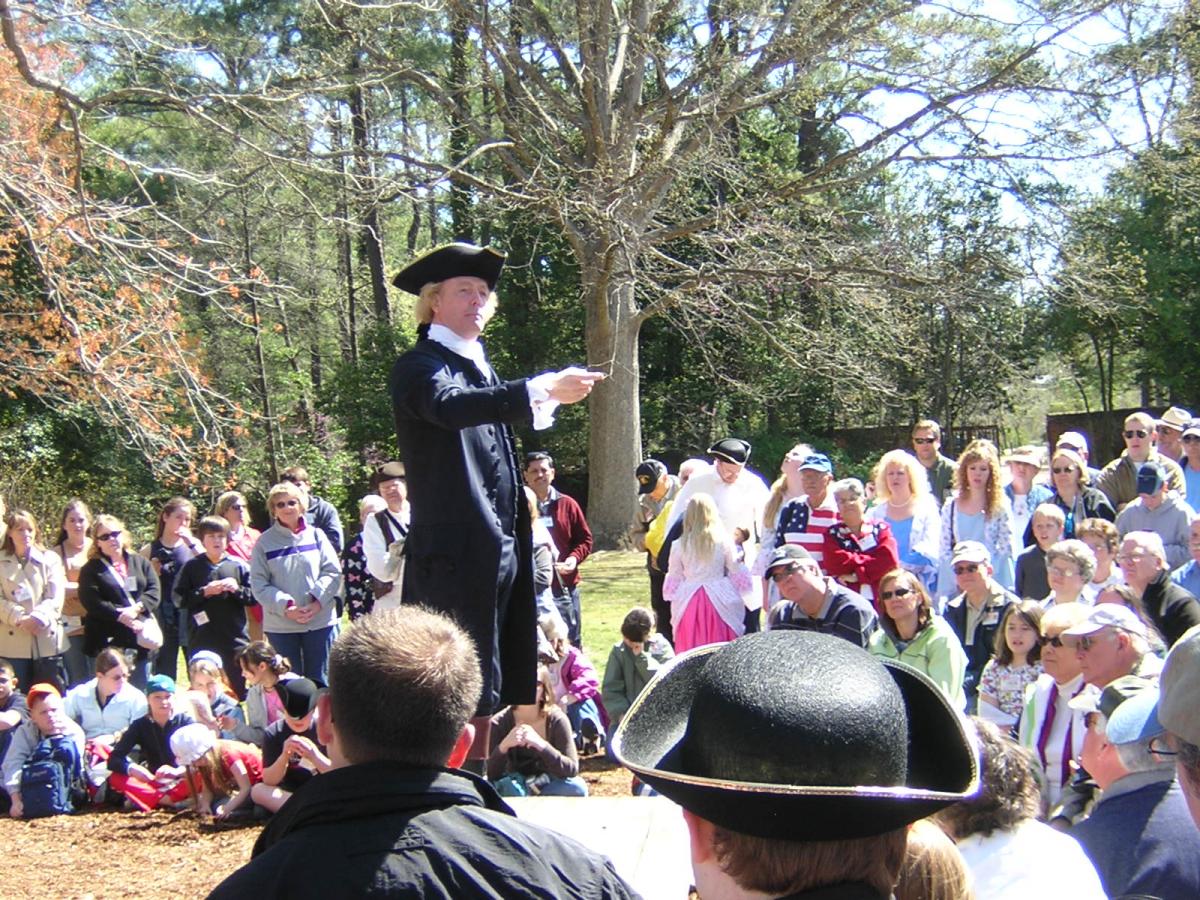
What is it?
Historic re-enactments are both educational and entertaining. Typically the re-enactments take the form of dressing up in a style from the past in order to focus on a particular theme or time period. These can take the form of participation events such as mock trials, industrial workplaces or Victorian schoolroom sessions through to observations of major rehearsed re-enactments such as battles. Battle re-enactments often take the form of combat demonstrations, which are generally performed by a company to members of the public and are loosely based around actual events with costumes, armour and weapons from the period in use.
What does it involve?
The level of involvement differs depending on whether you would like to get your pupils involved in the re-enactment or not. If you are to be involved in the re-enactment then you will be brief by a member of the re-enactment team on what is expected of the pupils prior to the event. Pupils will often dress in appropriate clothing for the time period they are re-enacting and will learn historical facts as the re-enactment takes place. If you are watching a re-enactment you will simply sit and observe the show whilst learning about the specific topic, often being narrated by members of the performing troupe.
Why do it and what are the benefits?
Watching re-enactments will help students to learn about a given time period. Having a visual of a specific topic is far better than simply reading about it. Better still actually involving students in the re-enactment will help all pupils recall facts especially helping kinaesthetic learners. There is also a lot of fun to be had in the dressing up!
What equipment do we need?
As with most activities where you visit an establishment to try it, the venue should provide the majority of the equipment you'll need to participate. You should always check beforehand though, as some places may ask you come dressed appropriately for the specific activity.
Who is it suitable for?
Watching an historic re-enactment is a suitable activity for children of all ages. If the pupils are to be partaking in the re-enactment then activity is only suitable for children in key stage 2 and upwards.
Costs?
The cost of a re-enactment varies depending on the amount of pupils you wish to take and whether you will be watching or partaking in the activity. The length of the re-enactment session will also have an impact on cost. Some venue such as castles and museums hold regular re-enactments so it may be worth looking at tying in your trip with a visit to an educational venue. Please research various providers in your area to find the best value offering.
Issues/Things to think about? (unsuitable for age groups, medical conditions etc)
Simply watching an historic re-enactment poses little to no risk however some students may be sensitive to particular realistic recreations of battle scenes. If you are partaking in a re-enactment it is important to listen to any safety briefings given by the organisation. As with any school trip it is important you take any student specific medication with you if the re-enactment takes place off the premises.
How do we include?
Many venues now cater for pupils with physical disabilities. Please consult specific venues in your area to find out more about what they are set up for.
Doing it abroad?
There is a very big historical re-enactment scene in the united states however they often focus on events relevant to American history so may not be relevant to the Curriculum.
Main website:
For more information on Historic re-enactments please click here.
It is a good idea to research venues in your area before the trip.



